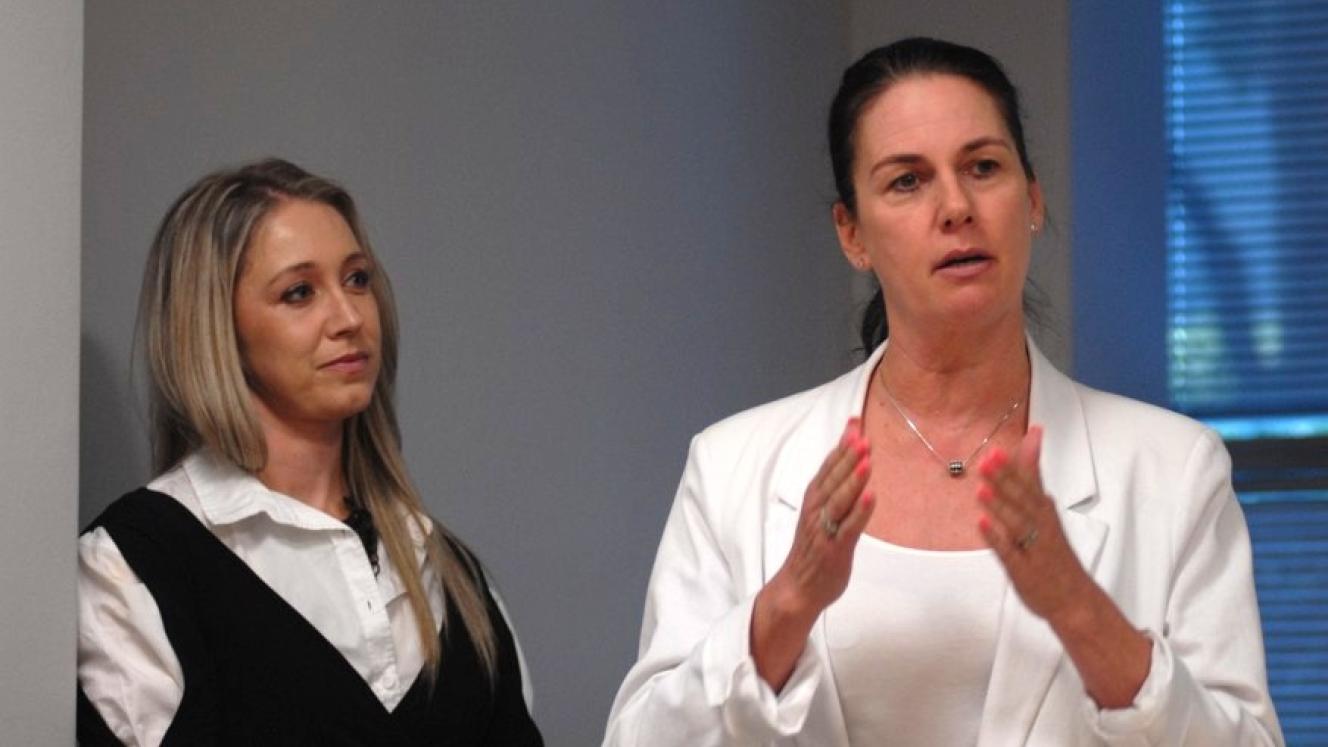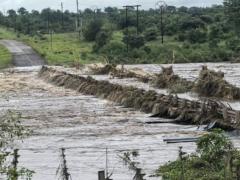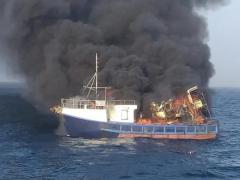South Africa’s cargo sector is in critical need of well-trained, certified professionals, which the Institute of Customs and Freight Forwarding (ICFF) is striving to rectify, and for which they have a mandate from the Southern African Association of Freight Forwarders (Saaff).
The urgency of quality tertiary education in the sector is evident in the size of the industry, representing 95% of South Africa’s international trade, worth an estimated R13 trillion.
Yet, if you speak to the local forwarding sector’s ageing professionals, there’s consensus that there is a dire need for both quality and quantity of knowledgeable novices coming through, says ICFF chief executive Ingrid du Buisson.
At a gathering of industry CEOs in Sandton on Friday, she said: “The biggest challenge our industry faces right now is we’re sitting with a significant number of people who are nearing retirement and we’re not bringing in new professionals fast enough.”
It’s one of the reasons why industry academies like Metro Minds have partnered with tertiary institutions like the DaVinci Institute to offer global-standard degrees.
She said turning to universities had become inevitable because working along with the government’s Sector Education and Training Authorities (Setas) was not delivering on expectations.
The urgency to fast-track training of young professionals was also raised in June this year by Garry Marshall of the South African Express Parcel Association, incidentally during a convention of the country’s logistics Seta, the Transport and Education Training Authority (Teta).
Along with the past and present CEOs of Metro Minds, Dr Juliette Fourie and Samantha Dorrington, Marshall was one of several chief executives present at last week’s ICFF presentation.
As many before her in recent times have said, Du Buisson commented: “Freight forwarders perform a critical role in the supply chain, but we’re faced with many challenges.
“The most important of these are regulatory complexity, global disruptions, industry transformation and infrastructure development to an extent.”
Has Teta succeeded in its mandate of fulfilling this function, educating young professionals to become leaders of logistics?
Perhaps not.
At the Teta convention in June, the executive manager of corporate affairs, Kgatile Nkala, held up a mirror to the industry, saying 83.3% of the industry remained male dominated, with most top management positions being lily white and fewer than 20% of overall sector employment featuring women.
She said the onus was on the private sector to redress this.
Du Buisson feels this is possible through enhanced sector buy-in and support of the ICFF, currently sitting with just over 300 members.
“We must invest in a higher calibre of people,” Du Buisson said.
“We have to ask ourselves if our people are ready to face the complexities of our industry. Do they have the competencies to navigate through challenges?”
The need for quality education periodically arises through random conversations with industry leaders, such as a consolidator exec who earlier this year told Freight News it was alarming how many school-leavers ended up in supply chain without a basic understanding of geography.
He said in one instance, a simple shipment from Cape Town to Johannesburg was marked as an “export”.
Such avoidable skills flaws could be rooted out, Du Buisson told Friday’s gathering.
She said through certified training, competency within the industry could be protected and corruption curbed, ultimately attracting more investor confidence through improved regulatory compliance and risk mitigation.
“It’s become critical for our industry to unlock trade efficiencies through professionalisation, and we can’t wait any longer.
“If an individual is not certified it should immediately raise alarm bells.”
It was through Saaff entrusting its learning and development portfolio to the ICFF that the supply chain and logistics industry could tap into the best human potential on offer, Du Buisson said.













